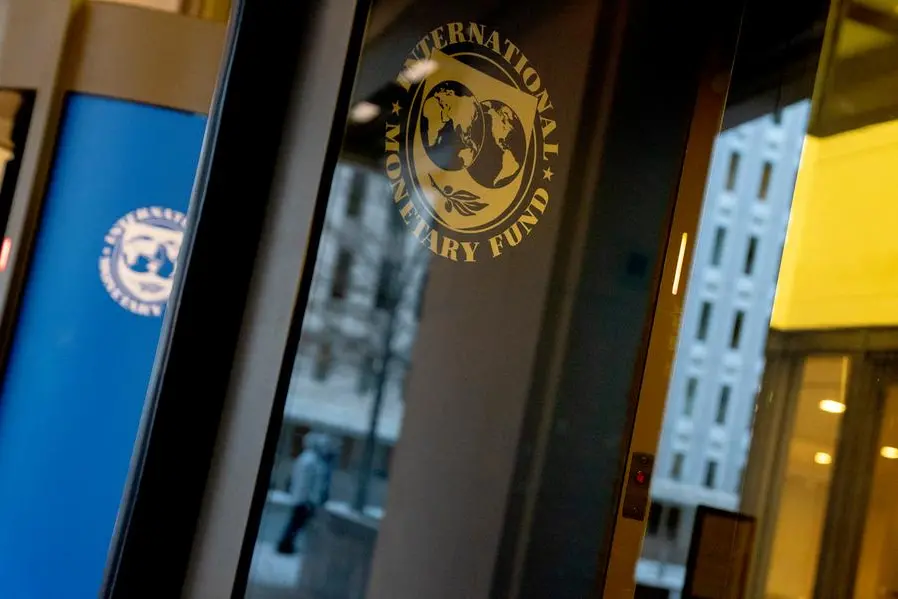PHOTO
Immigration can help reduce Britain's high inflation rate, the deputy head of the International Monetary Fund has told the BBC as the UK restricts the net amount of legal migrants.
UK inflation is cooling slower than expected, in part owing to sectors including hospitality and farming paying higher wages to fill large vacancies.
"With inflation as high as it is, having workers who can fill the shortages in some of the sectors that we're seeing right now will help with bringing inflation down," IMF deputy managing director Gita Gopinath said in a BBC interview broadcast late Monday.
Official data shows UK annual inflation slowed to a 13-month low in April, but remains elevated at 8.7 percent as soaring food prices offset weaker energy costs.
Analysts had forecast a bigger drop from the level of 10.1 percent in March.
"Our view is that if you have a well-designed immigration policy, the evidence is that that's usually beneficial for the country," added Gopinath, noting also migrants' eventual contributions to taxes.
Her comments come with immigration a live political issue in the UK ahead of a general election next year.
British Prime Minister Rishi Sunak last month said legal immigration levels were "too high" and announced restrictions on family visas for international students.
Net migration in the UK hit a record 606,000 in 2022, official figures have showed, heaping pressure on the Conservative government, which has pledged to cut dependency on foreign labour.
Immigration has long been a key political issue in the UK and was one of the main battlegrounds of the Brexit referendum in 2016, which saw the country leave the European Union.
In 2021, net migration -- the difference between the number of people leaving the UK and those arriving -- was 488,000.
Analysts said world events such as the end of the Covid-19 pandemic and Russia's invasion of Ukraine played a part in the increase.
China's squeeze on civil rights in Hong Kong, which led to the UK relaxing entry rules for holders of British overseas passports, also had an impact.
Brexit brought an end to the policy of free movement of people from EU member states, which many businesses have since blamed for a shortage of workers.





















